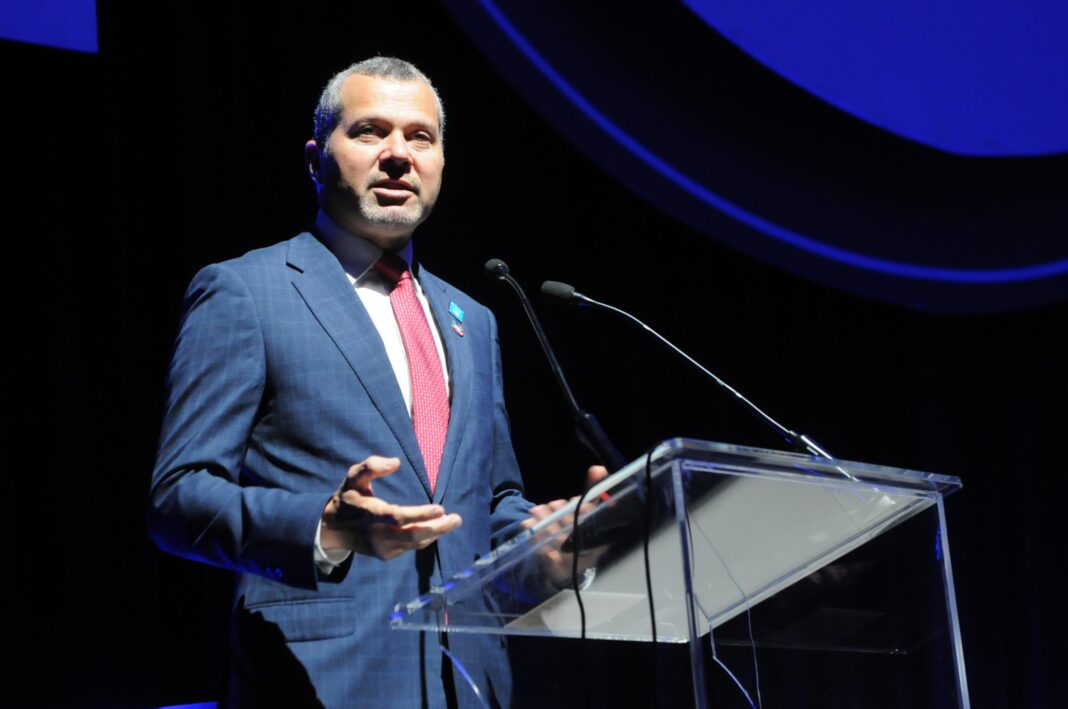The recent UN Ocean Conference spotlighted the maritime sector’s indispensable contribution to the global economy, trade, and food and energy security. In its outcome document, the conference emphasized the importance of maritime transport, sea routes, and marine infrastructure, while also drawing attention to the sector’s significant environmental challenges—particularly in reducing greenhouse gas (GHG) emissions.
A key highlight of the conference was the launch of the high ambition coalition for a quiet ocean, spearheaded by Canada and Panama, and supported by 37 countries. This coalition aims to tackle the growing issue of underwater radiated noise (URN), which disrupts marine ecosystems.

The International Maritime Organization (IMO), co-organizing a side event with France, Costa Rica, and South Africa, presented several initiatives, including:
The 2024 IMO action plan on URN, which outlines goals, policies, research priorities, and a platform for knowledge-sharing among Member States. The GloNoise Partnership Project, providing technical support and capacity-building for six countries to address underwater noise through policy and planning.
In a joint event with Norway and Fiji, the IMO highlighted efforts to prevent the spread of invasive aquatic species via biofouling on ships. Key initiatives include:
- The development of a new, legally binding global framework for biofouling management, set for adoption in 2027.
- The release of updated 2023 guidelines for controlling biofouling in the shipping industry.
The IMO continues to strengthen measures against marine plastic waste, guided by existing conventions such as:
MARPOL Annex V, which prohibits the discharge of most garbage from ships, including plastics. The London Convention and Protocol, which bans the intentional dumping of waste at sea.
Key actions include:
A 2025 action plan focused on reducing plastic litter from ships, improving port reception facilities, training seafarers, and boosting global cooperation. Technical support through the OceanLitter Programme (in partnership with FAO), featuring projects like GloLitter, RegLitter, and PRO-SEAS to promote legal reform, improve port infrastructure, and introduce fishing gear tracking.
The upcoming launch of a Global Industry Alliance, uniting private sector efforts to fight marine plastic pollution. IMO Secretary-General Arsenio Dominguez acknowledged the progress made but urged countries to act swiftly.

“Commitments are a necessary first step, but they are not the finish line,” he stated. “We must move beyond words to real, measurable progress through collaboration.”
Leading the IMO delegation in Nice, Dominguez highlighted ongoing efforts to decarbonize shipping, mitigate underwater noise, control invasive species, and prevent pollution. He reaffirmed the IMO’s leadership in establishing global maritime regulations and providing technical assistance.
Looking ahead to 2028 the international community is now called to intensify its efforts ahead of the next UN Ocean Conference, scheduled for 2028 and to be co-hosted by Chile and the Republic of Korea.




